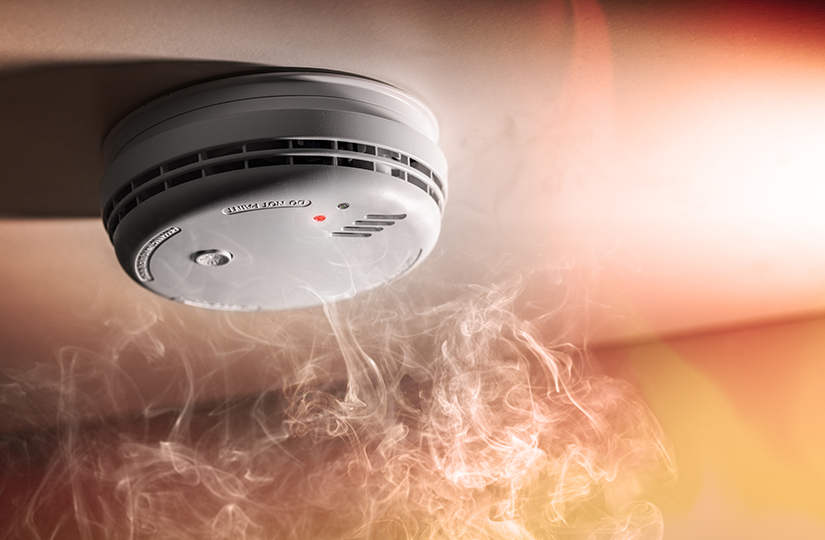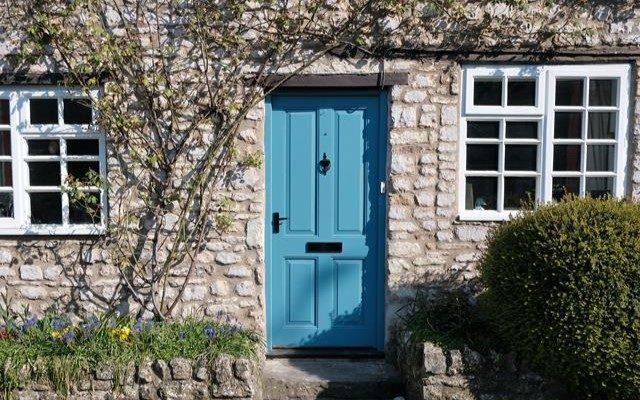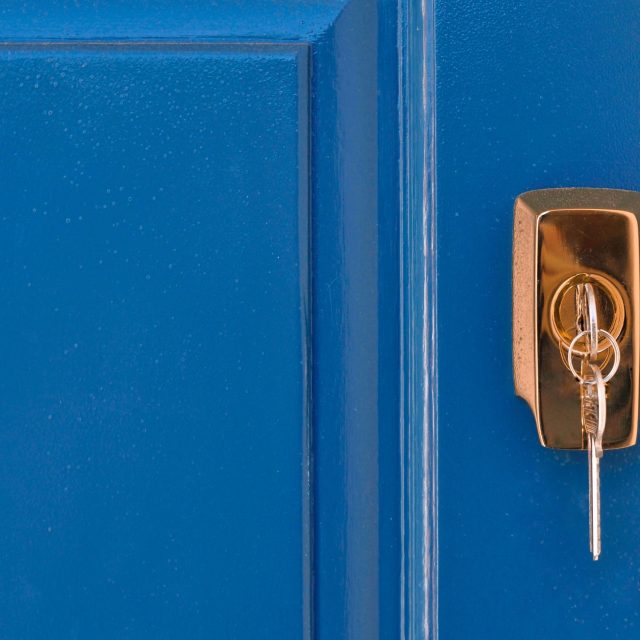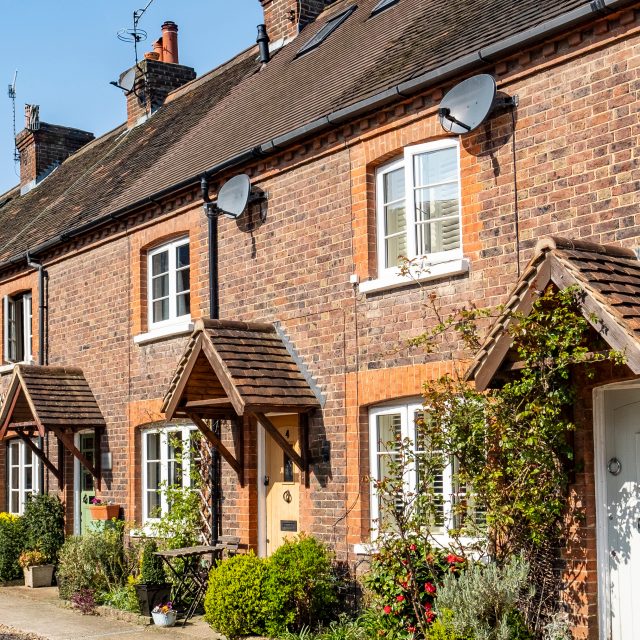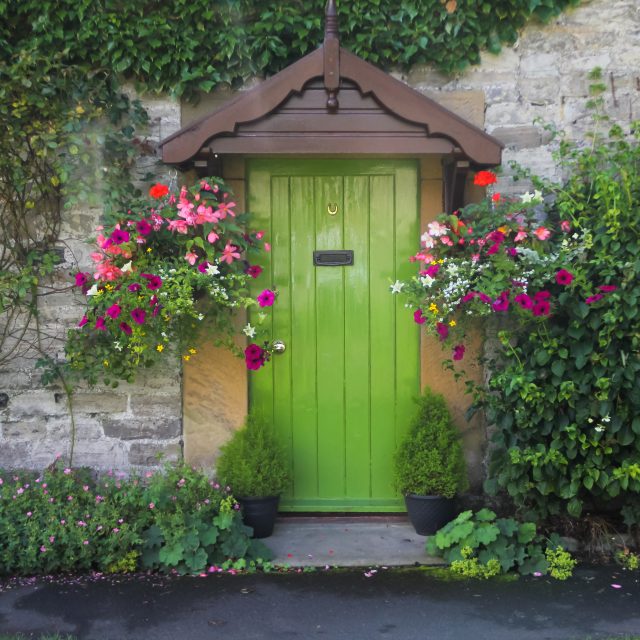Smoke and carbon monoxide regulations – an update
The Government has committed to making changes to smoke and carbon monoxide legislation in England, following a consultation that ended in January 2021.
It has not been confirmed when the amendments to the Smoke and Carbon Monoxide Alarm (England) Regulations will come into force and it is expected there will be a transition period to give landlords time to comply.
But the main changes will be as follows:
• Social landlords will be obliged to ensure at least one smoke alarm is installed on each storey of their homes. Private landlords should have been doing this since the regulations were introduced in 2015, so this brings parity between the rental sections in respect of safety.
• All landlords will be obliged to ensure a carbon monoxide alarm is installed in any room in their homes with a fixed combustion appliance (this includes gas fires, woodburners, oil or gas boilers, but excludes gas cookers).
• In any home, when a new fixed combustion appliance (excluding gas cookers) is installed, a carbon monoxide alarm will be required by law.
• Landlords will be legally obliged to repair or replace alarms once informed that they are faulty (although testing will remain the occupier’s responsibility).
Landlords must be able to demonstrate (on the check-in form) that the devices were tested on the day the tenancy began.
For best practice, we also suggest that when landlords are getting appliances annually serviced (boilers, for example), they also ask the contractor to test the alarms so that there is a record of the devices being tested once a year.
There is no specific requirement as to whether alarms should be battery powered or hard wired, however, we recommend hard wired with a battery backup. Although they are more expensive to buy, there are downsides to using one or the other. With hard-wired alarms the power can go out when there is a fire, so the alarm won’t have power to work. But relying on a battery-only alarm risks the alarm not working if the battery runs out or is removed.
Alarms are also best fitted to the wall or ceiling (following the installation instructions), as if they are not fixed then can go missing.
Smoke alarm regulations in Scotland
The rules on smoke alarms have also been tightened in Scotland making it compulsory for all privately owned properties to have interlinked fire alarms from 1 February 2022.
This has been a requirement for let residential properties for some time now.
The new rules mean every home will need to have:
- One smoke alarm in the room where people spend most of the day, usually the living room
- One smoke alarm in every circulation space on each storey, such as hallways and landings
- One heat alarm in the kitchen
All smoke and heat alarms need to be mounted on the ceiling and be interlinked, which means that if one alarm goes off it triggers all of them, meaning they should be heard wherever people are in the house.
If the property has a carbon-fuelled appliance, like a boiler, fire, heater or flue there must also be a carbon monoxide detector, but this does not need to be linked to the fire alarms.
Gas cookers and hobs do not need a carbon monoxide detector.
Homeowners do have the choice of using either sealed battery alarms or mains-wired alarms.
Battery-operated units can often be fitted by the homeowner and do not cause the upheaval involved with installing hard-wired units or require calling in an electrician.
However, the battery-operated units must meet the British Standards set out by the Scottish Government and must also be sealed, tamper-proof units and have long-life lithium batteries, which can last up to 10 years.
Electrical contractors are currently very busy dealing with requests associated with the new rules.
The Scottish Government has acknowledged that it may take some people longer to comply and said homeowners who have struggled to get alarms installed by 1 February will not be penalised. However, what is still unclear is whether non-compliance with the new legislation may invalidate a home insurance claim.
If you would like to know more about the changes in England, contact Sarah Roberts, or for the changes in Scotland contact Gillian Ferguson.
